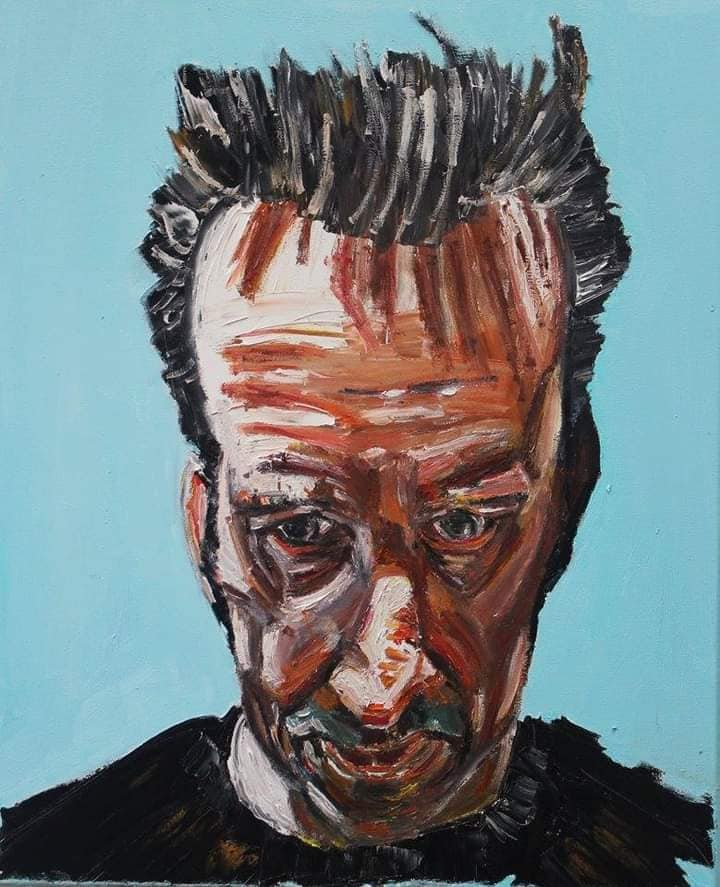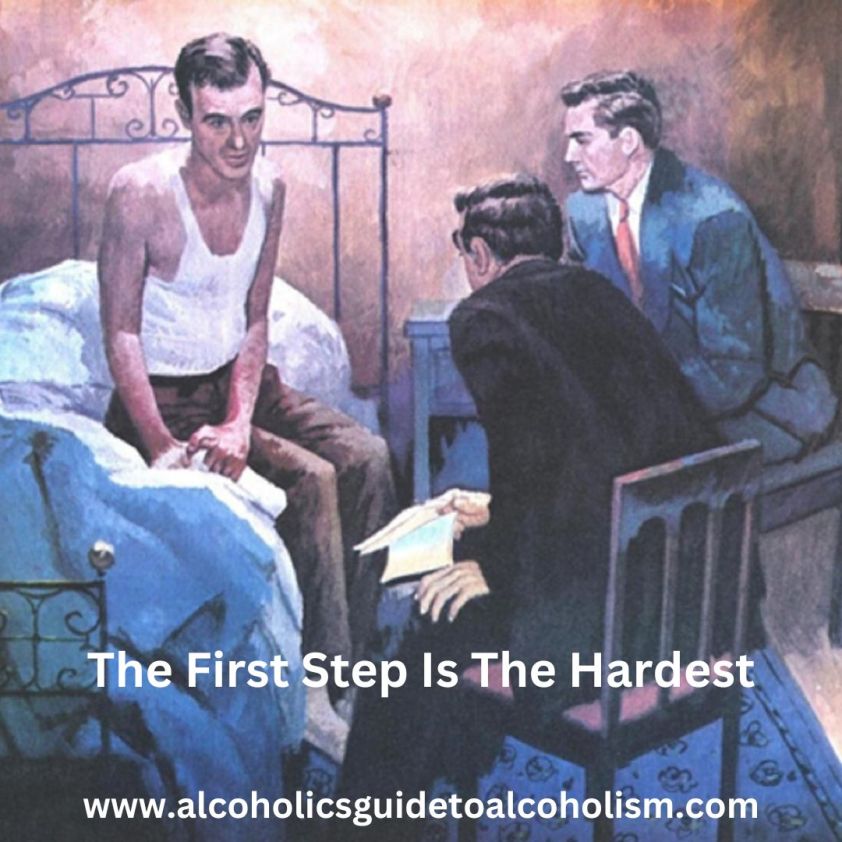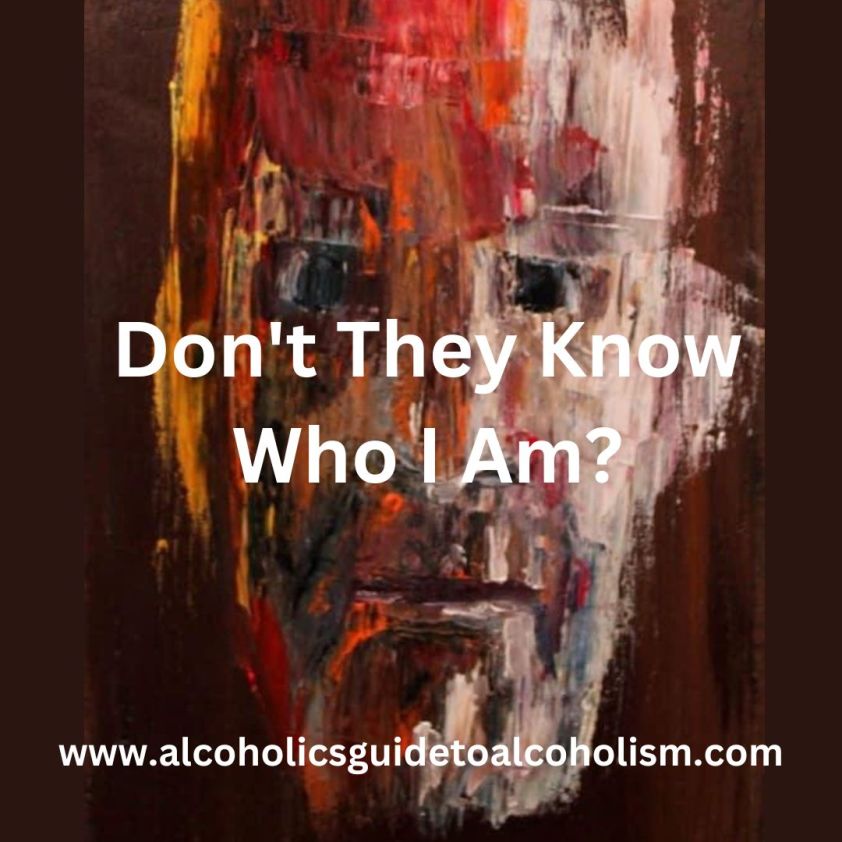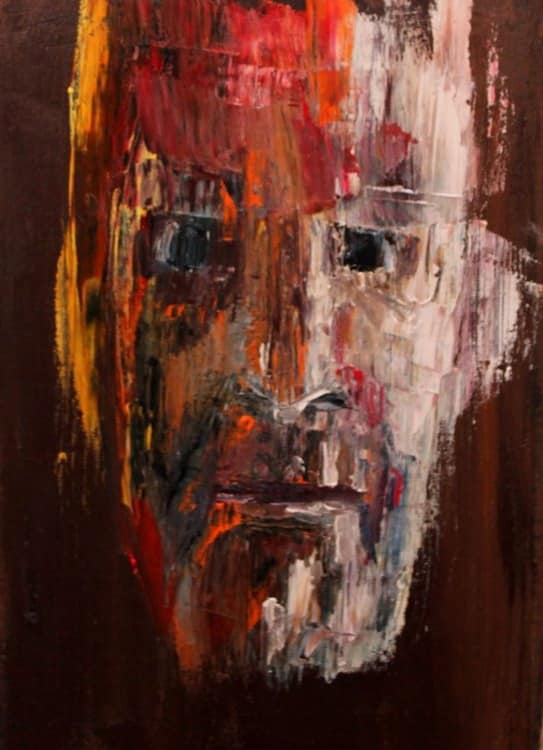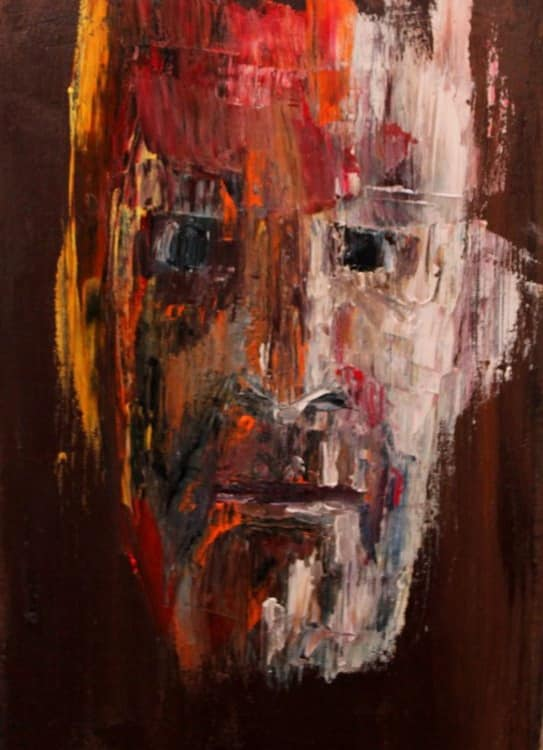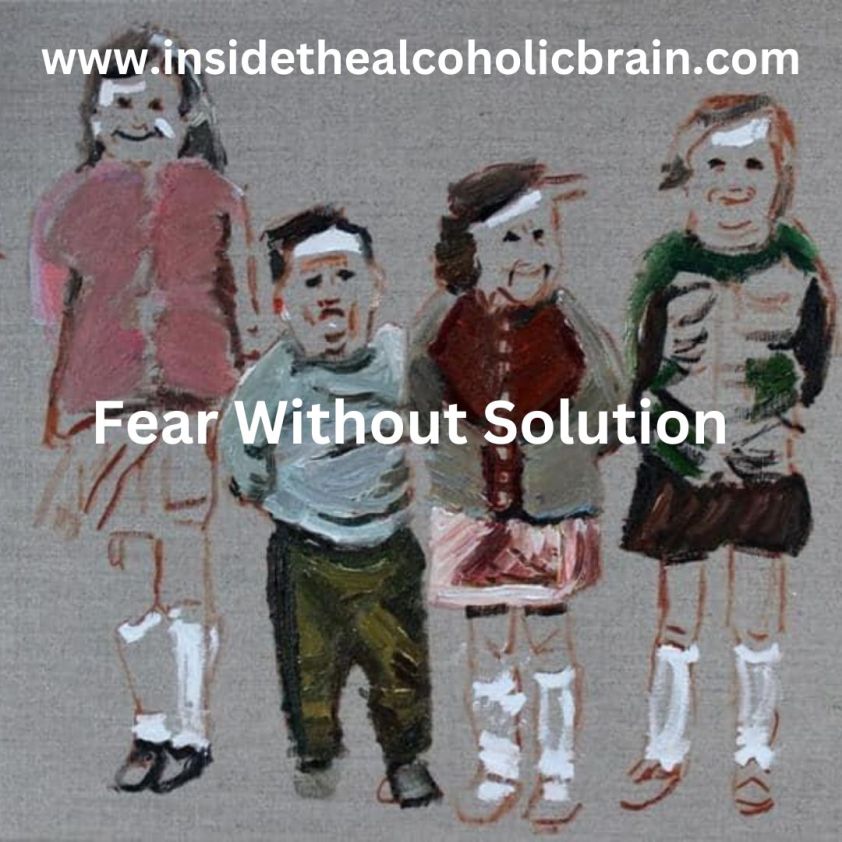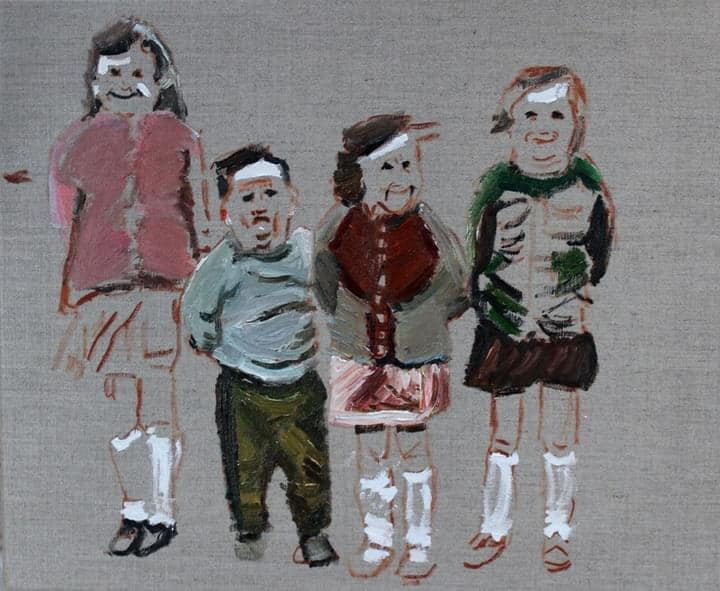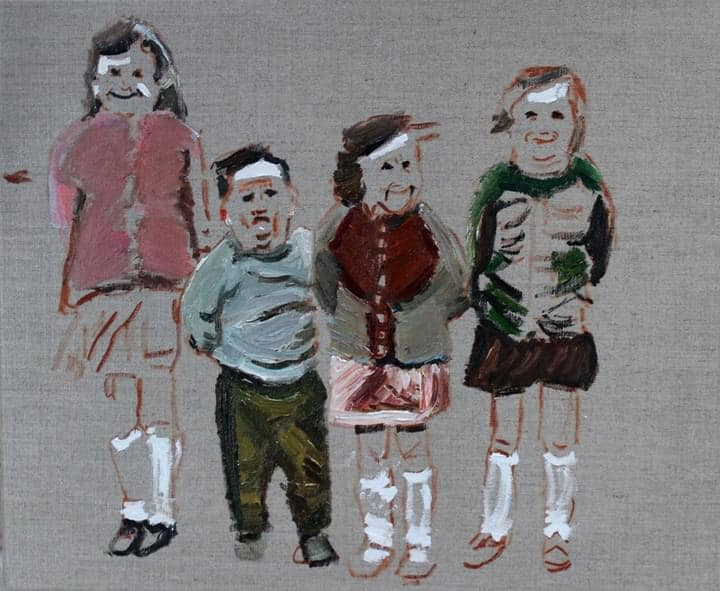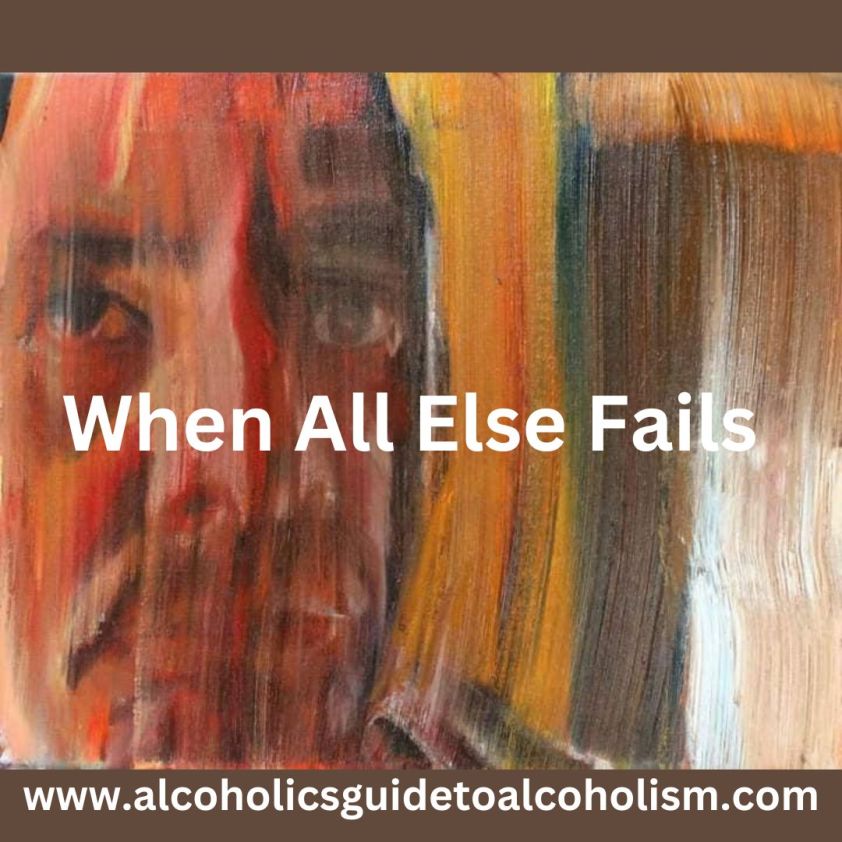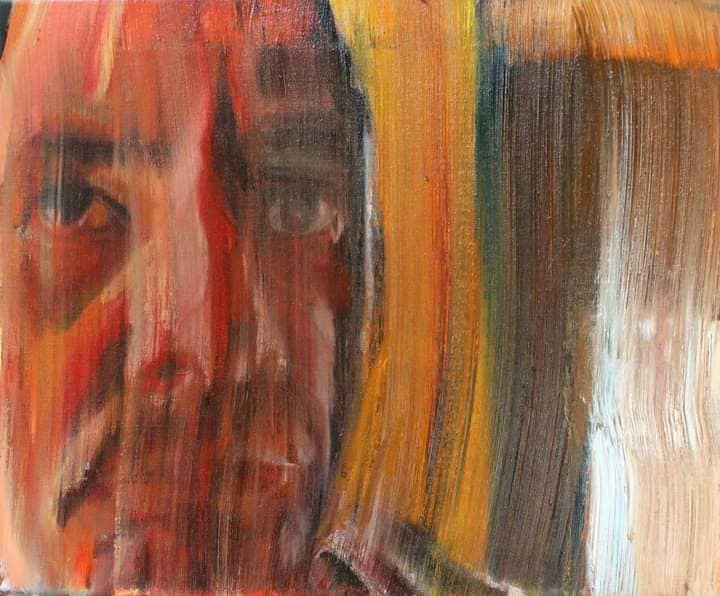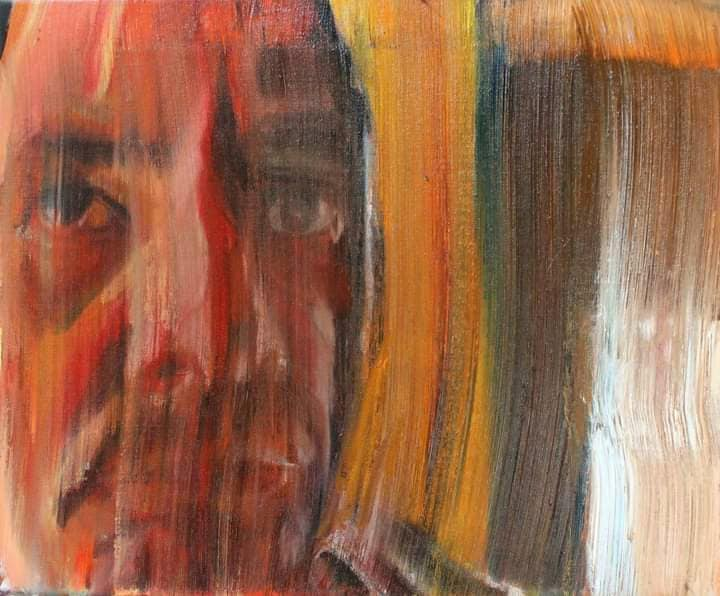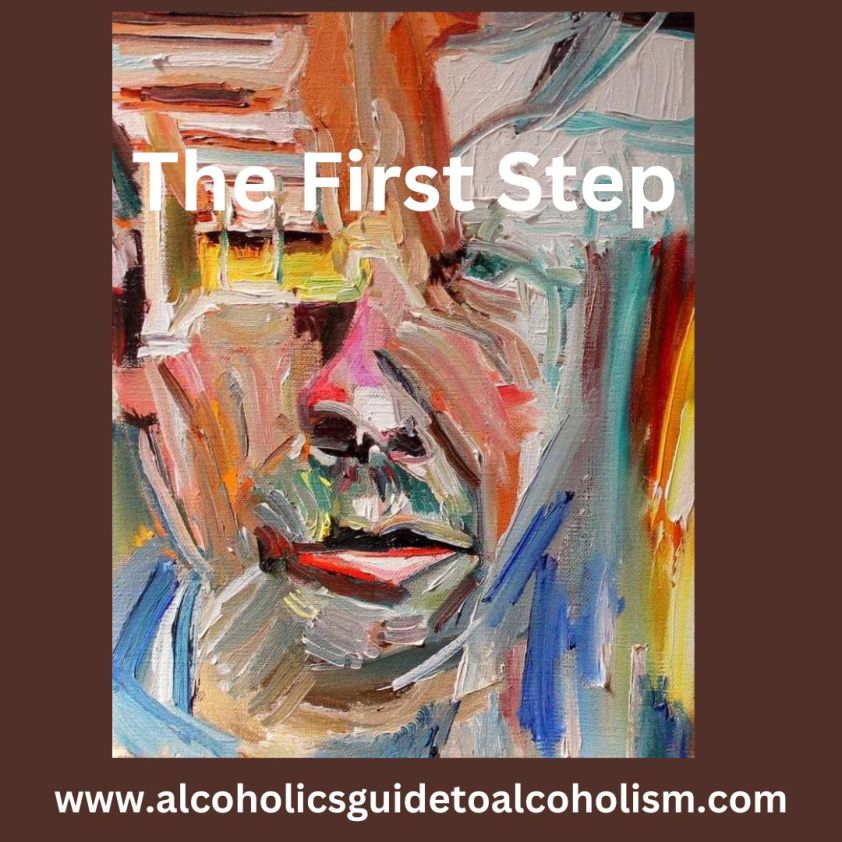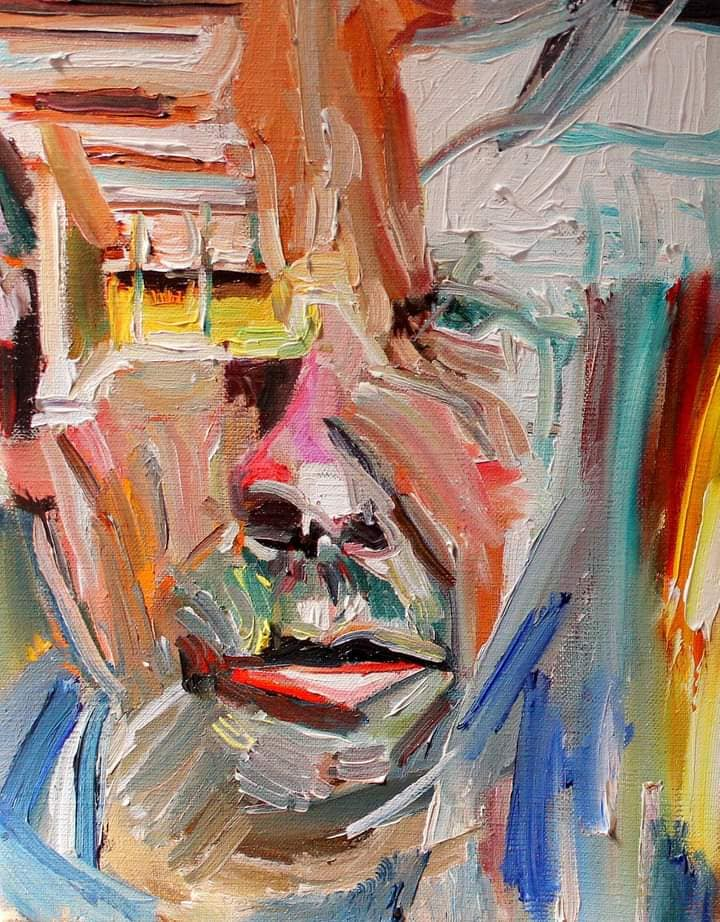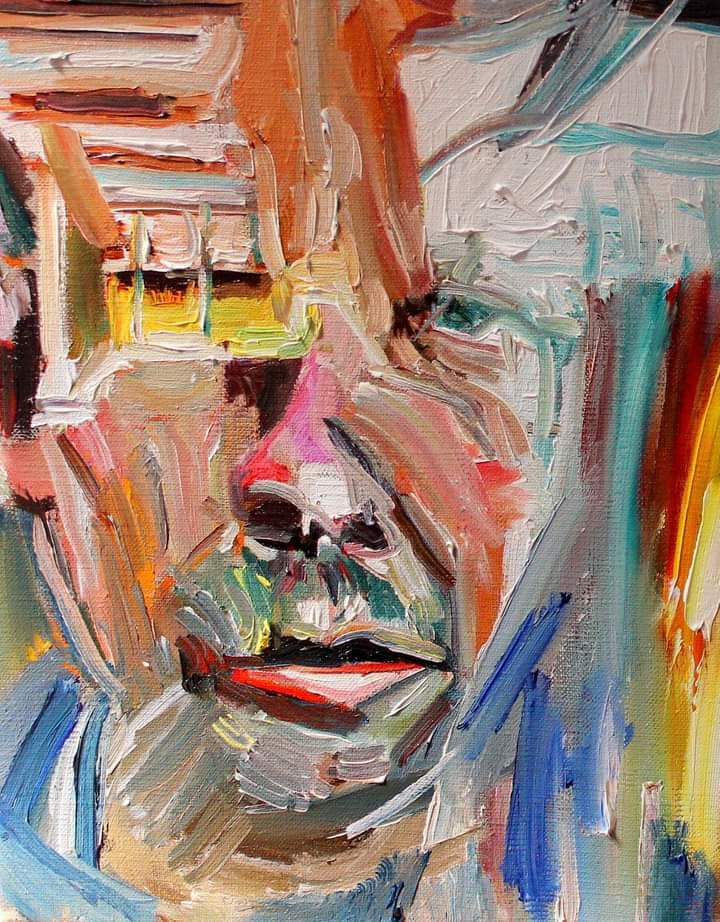This is part of a series called “The Bottled Scream” A Disease of Self – Understanding Addiction, Trauma and Recovery. To go back to the introduction click here.
First Day Sober!
One day I woke up but didn’t go downstairs.
I had a very odd experience while lying in bed.
Odd, it was more like a phantasmagoria.
To be honest I wasn’t sure what it was, didn’t have any way of describing it or explaining it. It was just so profoundly weird but it left me strangely altered, different to before.
I lay in bed and time seemed to slow up and then speed up, images from the past blending into each other and being rearranged, defragged somehow. A celestial resculpting of my brain seemed to occur.
The heavens seems to move across my mind. Stormy black clouds raced to lighten and new sunny realisations illuminated my heart.
Something was changing in me.
My roots were grasping new soil.
I wasn’t going to mention this bit.
It is so difficult to explain! I didn’t even want to mention it.
This book is mainly based on scientific research and reason and here I am talking about a experience that I couldn’t explain.
Please bear with me and don’t stop reading here.
It may have been the psychosis or lingering hallucinations or the residual product of a still feverish brain but it wasn’t, I don’t think. Looking back it was like I was somehow being prepared to become sober. That my brain was somewhow was preparing itself for a momentous change in my behaviour. For a momentous change in me.
Hours seem to pass but it was two hours only. I don’t know what happened to me but something profound happened to me. My wife checked on me, worried about my absence.
I said I was okay.
I followed her downstairs feeling somehow different. Full of some unfamiliar conviction.
I didn’t say anything to her.
Couldn’t’ as I didn’t have the words, still don’t, really.
I was too ill and so weak to even try a crude approximation of what happened.
I didn’t know how to explain something I couldn’t fully understand myself.
Did admitting I was an alcoholic have such a profound effect?
I gingerly sat down on the living room sofa and started drinking my cranberry juice and asked Emma for some vegetable and fruit smoothies. I had decided these smoothies would help replace my much needed vitamins and nutrients, help my brain recovery. How did I know these things?
Emma seemed a bit surprised by my requests too but not completely.
She reminded me I had also used White Thistle during my drinking to protect my liver from the excessive alcohol consumption .
My liver was fatty and led to my partial eyesight but it seemed to lag behind the psychological effects and brain damage involved with months of alcoholic psychosis so it may have worked to an extent? It is difficult to say for sure.
I just sat there chewing on carrots and other fresh vegetables, this is a guy who hadn’t eaten any good for months.
I probably hadn’t eaten properly for over a year. Or more. Much more?
I was greatly perturbed and nauseated that every time I moved my head from side to side there seemed to be liquid, blood maybe, swooshing around my head, giving me the sensation of being on a ocean liner.
Or rather my head felt like an ocean liner.
Or both.
My head was all wooshy.
I still today do not know why I had this liquid swooshing round my brain or what the liquid was, or if it was a liquid?
It was all very confusing, practically everything didn’t make complete sense.
Thinking about it in detail on my first day sober was not the time.
I thought it must be brain damage but it was sickening to dwell on this type of thought.
Thoughts were painful enough without giving them fearful gravity and the only thought I needed to deal with was the thought of staying sober for another five minutes. That is all I could cope with. I had some resolve this day, an unfamilar conviction.
However, I had terrible difficulties trying to get through those first arduous minutes and hours of sobriety.
I hadn’t told Emma I was trying to stay sober which was ununusal as the few times I had tried before were all heralded with a fanfare of good intentions, unrealistic confidence and false bravado.
Not this time, it all proceeded with patient and humble determination.
I had this fear I would drink at some stage but no urge as such.
It was not like craving but the distress of my fear made the image of drinking come into my head.
I hadn’t put it there, it had been poked into mind by fear.
I considered this “craving” to be more like a haunting. The whispers of a ghost not keen to leave my mind. They scared the life out of me for sure, but they would come and go I learnt.
Come and go, hoping to spook me enough to react in some way.
It wasn’t I wanted a drink (or did I?), it was more I wanted to be relieved of feeling so terrible, in so much emotional pain. To be relieved of these constant torturous thoughts. I wanted something to take any the pain away but l also knew this was an unrealistic expectation so brought my mind continually to what could be done now, in this moment.
What could I do now to recover, if only to recovery some of my health and even my brain function. The vegetable smoothies Emma started to make me that day, and for weeks later, would improve my liver function and reduce my jaundice. They would make me feel better and stronger however fleetingly.
It was start, a good start. A recognition I needed a good start. Based on an unfamiliar humility and realism.
It all helped.
It was similar to the the vitamin-rich injection recovering people get in Mental Health instititutionns when they are drying out/rehabilitating. A rehabilitatory boost.
Liver damage was affecting my eyes and this really perturbed me. I wanted to improve my eyesight as soon as I could.
I was getting real about a life threatening problem. Although to think such thoughts would have made me ill. I just proceeded with positive behavior, one thing at a time. I took actions with little deliberation.
I could act, do things to help me now.
The first hatching of a behavioural strategy was occurring without me realising.
Recovery was according to one AA, not what we think or feel but what we do, the actions we take to feel better. I was taking an action, when I could, wth Emma’s help.
So called cravings would crash in waves through my mind throughout the day and five mintues seemed to be like an hour but I waited until the waves crashed and enjoyed the momentary calm after that. I observed more and more this phenomenon.
It was similar to hallucinating on “magic mushrooms” (Psilocybin) when the waves of ecstatic feelings followed frightening, sometimes terrifying, moments or even like when in deep Buddhist meditation when past traumas or deep seated anxieties linked to previous memories arose in the mind, before moving past like images on a movie screen of the mind. The only dfference was these images and thoughts were not as life threatening as the ones I was having on my first sober day.
The only way to survive was to surf the waves of these images and related emotions.
I was trying not to attach to these fear based thoughts involving the possibility of alcohol.
As if they weren’t doing, my creation, my volition. They were happening to me because of actions in the past not the present.
Sometimes the thoughts and images were so real, as if I was there drinking in the bar, chatting to a gorgeous buxom barmaid with the golden sunlight steaming though the windows to illuminate my heart with glad tidings in a momentary toxication and I would fight to suppress these thoughts which would only make the thought come back even more prolifically.
More thoughts and memories would rebound into my mind and consciousness and further attempts to submerge them would lead to a Hydra effect of many memories sprouting heads and creating an imaginery relish and inquisite torture in my psyche, all completely unsanctioned, uncalled for and not expressly given permission by me to illuminate my mind.
I hadn’t ask for any of them. It was so confusing, did I want to drink?
If not, why the hell were all these images swirling around my mind?
Also, why such rosie thoughts when my last experience of drinking was hellish, vomiting and DTs and hallucinations. The TV weather girl would tell me to kill myself on a daily basis, apart when I looked down at the carpet and it stopped!?
Why wasn’t my memory bank throwing up these later memories of alcohol drinking? Why was it choosing from another completely unrealistic brochure, based more on wish fulfillment rather than reality?
Cunning, baffling powerful.
These strangely appetititive memories were more powerful at times than the scary thoughts that drinking was simply inevitable. At least I could cower from these until they went quiet. The other craving that tricked you into craving via other desires such as lust were more difficult not to get sucked into.
Other negative emotions could be utilisied too. Self pity was a constant threat.
Poor me, poor me, pour me a drink.
False pride another and the ever present shame.
Shame was the conductor of much of this orchestrated attack of my fragile, fledging sobriety.
Aided and abetted by self loathing too.
Practially all these contributed to emotional pain and obsessive thoughts about drinking.
All negative emotions could be explosive.
Instrusive thoughts fed off them, the worse the distress the more the thoughts. My emotions seemed to want to get me back to drinking but that wasn’t me, was it?
It seemed like me but strangely not me. I wanted to go a different direction and quite frankly my thoughts and errant emotions weren’t helping, they were making things much worse. If they weren’t helping me they would have to be ignored as much as possible. So practically everything in my head, in between my ears, was ignored, if at all possible. Life was less painful without them rattling away in the attic, however briefly.
They weren’t even on my side I felt. They were against me and what I wanted to do. They were now contrary to me even surviving!
Where they my warped spirtual malady, my emotion disease?
No wonder I drank so much if there was this constant cacophony in my head and heart.
.
These were all the lessons I learnt in the first few days after my first meeting. All painful lessons learnt in a very short time, or rather in a short time that felt like forever.
So I tried to do what an AA had suggested “giving in to win”, “don’t fight anyone or anything” and they would have less to bite into and get a hold off.
Letting them come and go was the key, however incredibly difficult this could be.
Emma punctuating these mental struggles with offers of green tea, water, vegetable smoothies etc which helped so much too.
Fear is the greatest enemy I found not craving; looking back I was not craving, I was fearful of not staying sober and this was automatically eliciting thoughts of drinking.
I felt so ill, desperate, struggling to get from one sober moment to the next. It was like jumping from one life boat to the next on a stormy sea.
Just when I despaired of getting through the next five minutes of sobriety I would often get this reassuring presence in my heart. I wasn’t sure what it was. A nice hallucination for a change!?
It had a voice and a warm soothing reassuring feeling that would spread out from heart to my chest and calm me for a moment or too. If it was a movie it would be “how to get a heart in recovery.”
“Everthing is going to be okay” it would reassuringly say.
It was like a big brother or something, it is hard to describe. I was glad of it suddenly appearing I have to say. Whatever it was? I could do with all the help I could get!
So one interminable minute bled into the next.
Emma continued to make me the most vile looking but highly nutritional smoothies and I ate carrots slowly while trying not to move my head, so that the liquid would not swoosh around my head and make me nauseous, while being comforted by this reassuring presence emanating in my heart to calm me, reassuring me that all would be well.
For the first day I had a really crazy head offset at times by a very strange calming heart.
This is how it went for a few days.
My physical strength very slowly improved too and I could walk half a staircase now, in one go, instead of a few steps.
In my early days of sobriety I would always think of a drink when the pub closed for half an hour in th afternoon or at last orders at eleven in the evening and ring my sponsor, to get me through this period then I was safe for the day.
The fear of going to the pub at last orders was a compulsive and terrifying feeling like I had no choice but go there, somehow being dragged there like via magnetism. It was no use I would scupper by sober day. Speaking to my sponsor got me through this compulsion.
It showed how much addiction is embedded in the memory banks of the brain.
How habitual it was.
Recovery actions would have to be habitual too. I had been told to get to ninety AA mettings in ninety days as in order to make recovery more automatic. This would start a process of embedding recovery in my memory, my habitual memory eventually.
Hopefully, in time, recovery would become as habitual as the habitual working of my addiction.
Already I had an idea that fear prompted thoughts of drinking. How to become less fearful in my thinking and emotional reactions seemed part of all this.
Keeping one’s serenity was key one AA shared on Saturday nght.
Ths was all new but vaguely familar too.
It wasn’t a million miles away from Buddhist thought and action.
The missing bit was knowing why I needed to be serene, or equanimous, in the moment. My need to be peaceful in the moment was now urgent. Needed to be applied continually to keep my addiction and it’s many lying whispers at bay. For however long I could at least, until I remembered how to act to quieten it down again.
Using a behaviour strategy to deal with emotions and thoughts which were the terrifying catalyst for the distress that prompted automatic thoughts and images of possible relapse.
Looking back the getting through the first day sober still goes down as my greatest achievement of all time!!
The odds against if were huge, It brought amazing relief and sense of satisfaction and belief.
The start of the day and the end were worlds apart.
28th December 2005.
Although I strangely think my recovery started on the 24th December following my first meeting and psychic change and although I drank for three days while tapering off the drink. The drink wasn’t as before and meant little to me. I had found the answer, the solution on the 24th December.
Thanks to Emma, vegetables and fruit, the voice in my heart and the BB I had made it through a day of not drinking.
I told myself that today would probably be the worst day of it and that tomorrow might even a bit easier. The next two days were still hellish but I now knew it could be done if I did what I did before and this gave me confidence. The voice in my heart was still helping me through too.
Recovery would be a constant journey from a crazy head to a serene heart.
I had rarely used the medication – I think I used 2 tablets (used in 1/3s) in the 3 days of home detox.
There were 3 and ½ left in the packet. I would keep them in case I knew another alcoholic who couldn’t get essential medication for detoxification from alcohol from their local doctor.
